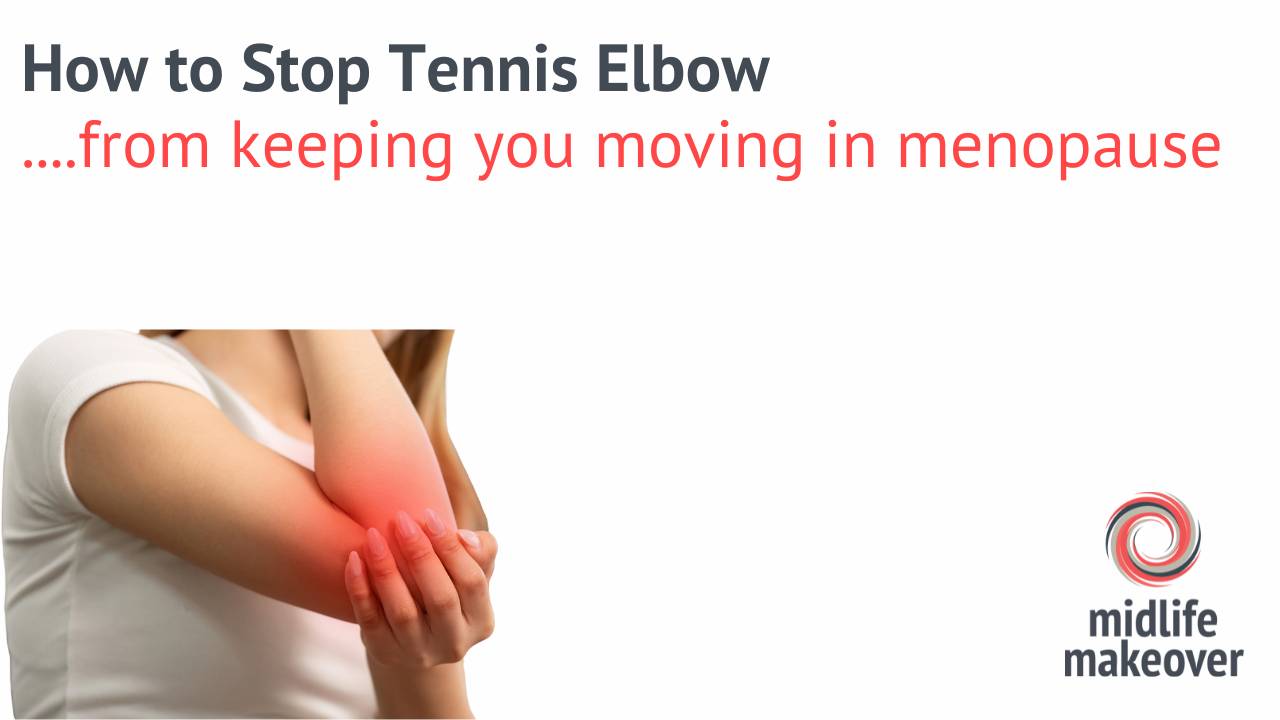How does sleep affect menopause weight gain?
Apr 28, 2022
How does sleep affect menopause weight gain?
How does sleep affect well-being? Often overlooked when it comes to general wellness, sleep is really important for midlife weight loss.
Sleep deprivation and weight gain
People often think that weight gain is only linked to diet and exercise. The truth is that sleep is also a really important factor in midlife weight gain.
Did you know that if you do not have a decent night's sleep, your body produces hormones that make you hungrier? If you get less than 7-8 hours of sleep a night, the hormone production can trigger cravings for sugar, sweets and fatty foods throughout the day, and even mask the signals that you are full.
Therefore, your tummy might be the only one benefiting from all of the tiredness.
Look at your sleep
The way that you put your body to rest at night is a vital part of midlife belly control.
Remember how kids are put to bed?
They need a good routine, soft lighting, and little or no stimulation to get a good night’s sleep. Teach yourself to readopt this good routine.
Start by turning down the lighting as you head into the evening, and reduce the external stimulus two hours before bedtime. This could mean putting the screens, iPads and devices that flash at you.
Why do you need to do this as an adult? One theory is that the blue light emitted from a screen can trigger a response in the brain, which means that it is kept awake. If the evening is the only time that you get to yourself, you could try apps or blue light glasses to reduce the blue light from your brain.
The other theory is that screens at bedtime continuously keep sending information to the brain. For example, a ‘ping’ on Facebook can start a conversation and many more notifications. Every time that happens, the brain is prepared to receive more information. Therefore, instead of the brain slowing down, it’s wide awake.
Relaxing music can be another way to relax, which doesn’t involve a screen.
A brain is a bit like a computer; it needs to be turned off and rebooted to work effectively. If you are constantly looking at triggers, your brain can’t switch off, which influences your sleep.
Getting into a good sleep routine
Start your bedtime routine by having a warm bath. A bath is more relaxing, but a shower can still benefit the sleep routine. Whichever you choose, add Epsom salts; they are full of magnesium which is absorbed by the to help the body relax.
How does magnesium help with sleep? The changes in hormones can make it hard to relax. Taking magnesium orally or via an Epsom salt bath can help to aid relaxation. Lavender oil and aromatherapy oils are other ideas to try.
Having a warm drink in the evening can help to induce sleep. Make sure you don’t drink after around 10pm, however, because it can trigger waking to go to the toilet. What’s more, even if you don’t need the toilet, the brain gets into the habit of a ‘just in case’ wake up, which can cause long-term effects on overall sleep.
The most well-known symptoms of menopause are hot flushes and night sweats, Wearing cotton nightwear and bed linen can help with overheating. You may want to keep the windows open slightly or use a fan near the bed. Cognitive behavioural therapy can also help with hot sweats and night sweats to help you get back to sleep.
Sleep is vital for us to balance those hunger hormones to prevent us from eating more than we need to.
Think about the way you put yourself to bed tonight to get into the habit of treating yourself a bit differently for the next few nights.





